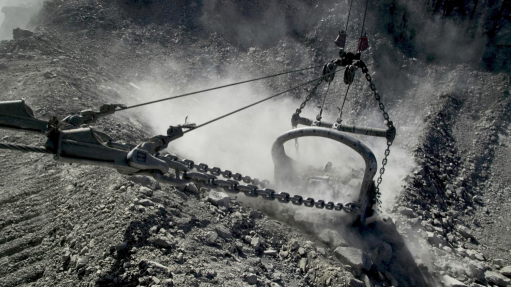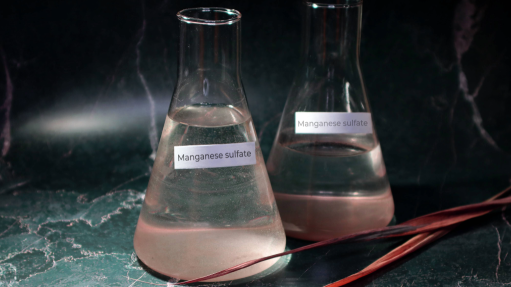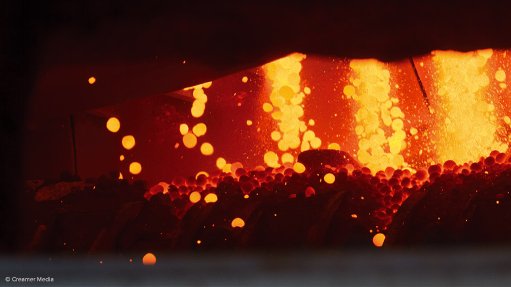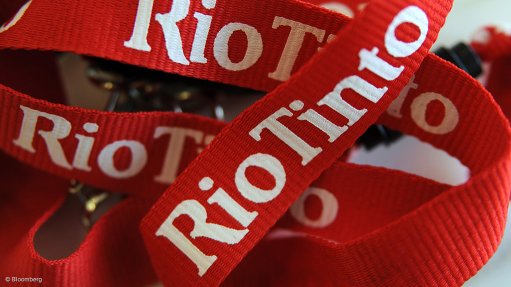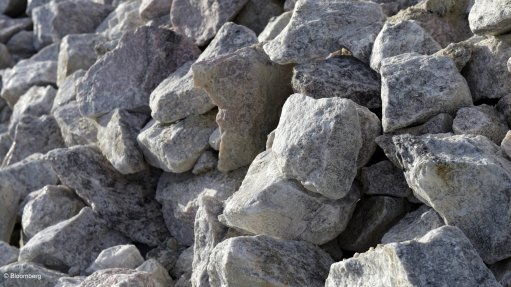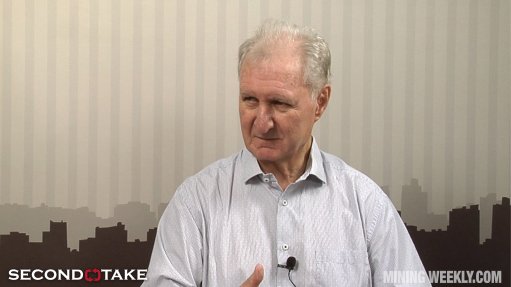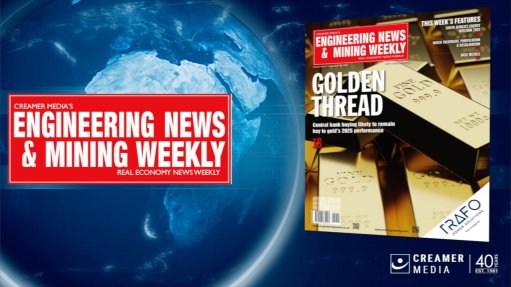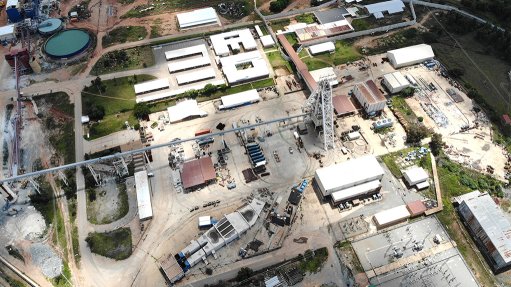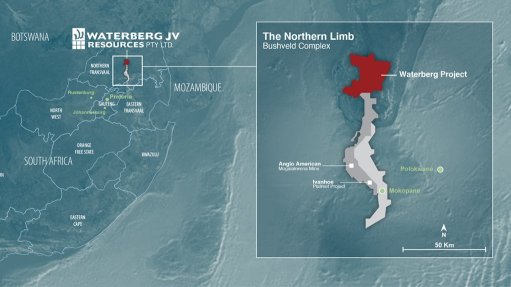Documentaries on horrors of mining’s past mooted at Coalsafe

CoalSafe 2015 conference speakers outline to Mining Weekly Online’s Martin Creamer that strong initiatives are under way to implement zero harm practices in the South African coal-mining sector, which suffered nine fatalities last year – two up on 2013. Photographs: Duane Daws: Photographs. Video and Video Editing: Nicholas Boyd.
JOHANNESBURG (miningweekly.com) – The names of each of the nine mineworkers killed last year in South Africa’s coal mines were flashed singly on to a large screen during a solemn minute’s silence at Thursday’s packed coal safety conference at Emperor’s Palace, where special homage was paid to the thousands of mineworkers who perished anonymously during this country’s prolonged period of past mine fatality horror.
Presented under the auspices of the South African Colliery Managers’ Association (Sacma) and hosted by Glencore as part of an intensive bid to achieve zero harm in coal mining, Coalsafe 2015 heard from Mineral Resources Department chief inspector of mines David Msiza that consideration was being given to the creation of monuments and the compilation of documentaries to reflect the undignified past of mineworkers dying in their droves on South Africa’s mines, which have been the foundation stone on which the economy has been built.
Msiza postulated to the large number of attendees that it was crucial for the South African mining industry to remember its past as it progressed along its path towards achieving sustained zero harm in the future.
To emphasise the harsh situation from which South Africa had distanced itself, the chief inspector of mines included in his comprehensive presentation images of row upon row of anonymous grave sites on the Evander gold mine property.
The pictures of the graves, which number about 1 000, showed a run-down, concentration-camp-like hostel structure in the foreground, where mineworkers were accommodated before being buried in the stark surrounding cemetery.
“The way they were recognised was through their working equipment,” Msiza lamented, pointing to the picture of a grave on which old working gear was still visible, along with a numbered plate.
He told the attendees, who included Creamer Media’s Mining Weekly Online camera team – also see video attached – that agreement had been reached to uphold the dignity of deceased mineworkers by creating monuments and documentaries.
“We’re going to work together with the unions and the council to achieve that,” he promised, after flashing on to the large screen details of the fatality horrors of the past, beginning with the Coalbrook disaster of 1960, South Africa’s worst mining tragedy, which resulted from the mine going beyond its limit of knowledge in over supplying coal to power stations, resulting in the loss of 437 lives.
Also recalled statistically on the screen were the Kinross gold mine disaster of 1986, when 177 people lost their lives in an underground fire; the Vaal Reefs gold mine disaster of 1995, in which 104 people perished when a locomotive plunged down a mine shaft; the Hlobane colliery disaster of 1983 in KwaZulu-Natal, in which 68 people died, and the disaster at the same colliery in 1944, when 57 people lost their lives, both as a result of methane gas explosions; the Buffelsfontein gold mine disaster of 1969 in North West, where 65 people died and the St Helena gold mine disaster of 1987 in the Free State, where 62 people lost their lives, both as a result of explosives incidents; and the Middelbult colliery disaster of 1993, where 53 mineworkers died in a coal dust explosion.
Coalsafe 2015 opened with Sacma council member Tienie Bleeker reflecting on the additionally poignant aspect of the 281 dependants of the 84 mineworkers who died in South Africa’s mines in 2014, across all commodities.
South Africa’s mining fatalities have fallen by 86% since 1993, when 615 mineworkers died and 90 died in coal mining.
Gold mining reported 44 fatalities last year, compared with more than 400 in 1993.
In the past three years, fires and fume deaths have taken over from fall-of-ground accidents and January is also replacing December as the month of most deaths.
“Our concern as a department is that we’re still losing lives to repeat accidents,” said Msiza.
On historical statistics of mining deaths in South Africa, Creamer Media’s Mining Weekly Online can report that in 1995, the Commission of Inquiry into Safety and Health in the Mining Industry, headed by Judge Ramon Leon, reported that some 69 000 people had been killed in South Africa’s mining industry in the twentieth century and one-million seriously injured, maimed and physically damaged, which are horrifying numbers.
Against that background, former AngloGold Ashanti CEO Bobby Godsell commented during the ninetieth anniversary celebrations of the University of the Witwatersrand that mining’s cost to the country in blood and human lives was so great that it deserved to be commemorated at the level of the Vietnam War Memorial in Washington, which recognises each victim by name.
Comments
Press Office
Announcements
What's On
Subscribe to improve your user experience...
Option 1 (equivalent of R125 a month):
Receive a weekly copy of Creamer Media's Engineering News & Mining Weekly magazine
(print copy for those in South Africa and e-magazine for those outside of South Africa)
Receive daily email newsletters
Access to full search results
Access archive of magazine back copies
Access to Projects in Progress
Access to ONE Research Report of your choice in PDF format
Option 2 (equivalent of R375 a month):
All benefits from Option 1
PLUS
Access to Creamer Media's Research Channel Africa for ALL Research Reports, in PDF format, on various industrial and mining sectors
including Electricity; Water; Energy Transition; Hydrogen; Roads, Rail and Ports; Coal; Gold; Platinum; Battery Metals; etc.
Already a subscriber?
Forgotten your password?
Receive weekly copy of Creamer Media's Engineering News & Mining Weekly magazine (print copy for those in South Africa and e-magazine for those outside of South Africa)
➕
Recieve daily email newsletters
➕
Access to full search results
➕
Access archive of magazine back copies
➕
Access to Projects in Progress
➕
Access to ONE Research Report of your choice in PDF format
RESEARCH CHANNEL AFRICA
R4500 (equivalent of R375 a month)
SUBSCRIBEAll benefits from Option 1
➕
Access to Creamer Media's Research Channel Africa for ALL Research Reports on various industrial and mining sectors, in PDF format, including on:
Electricity
➕
Water
➕
Energy Transition
➕
Hydrogen
➕
Roads, Rail and Ports
➕
Coal
➕
Gold
➕
Platinum
➕
Battery Metals
➕
etc.
Receive all benefits from Option 1 or Option 2 delivered to numerous people at your company
➕
Multiple User names and Passwords for simultaneous log-ins
➕
Intranet integration access to all in your organisation







